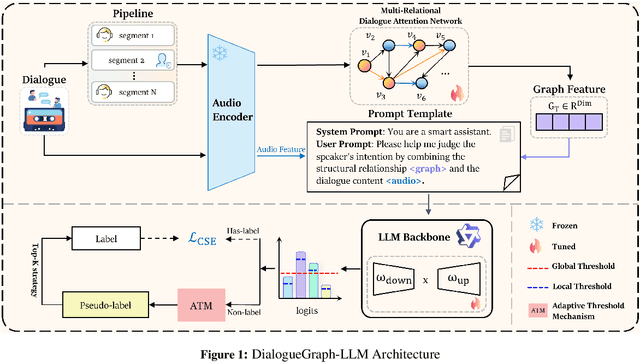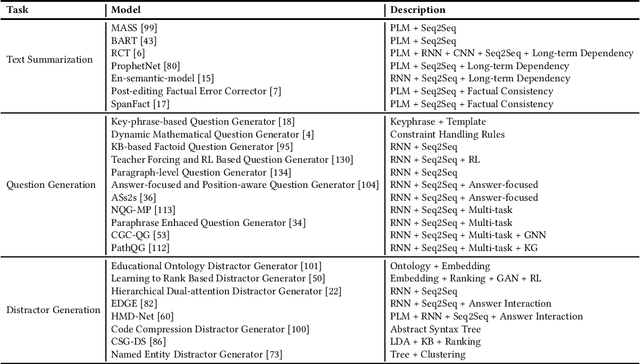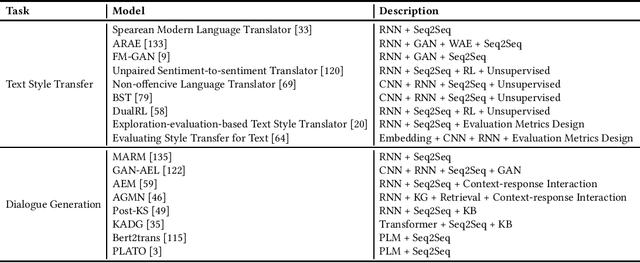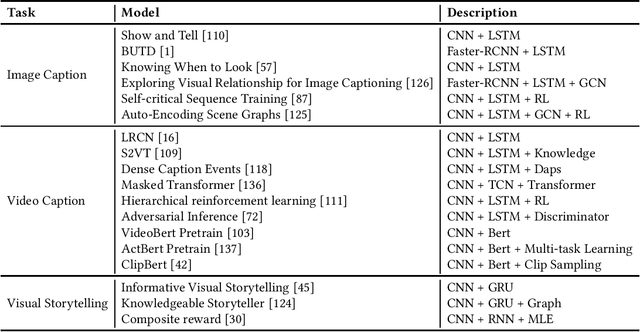Junxin Li
Neural Chain-of-Thought Search: Searching the Optimal Reasoning Path to Enhance Large Language Models
Jan 16, 2026Abstract:Chain-of-Thought reasoning has significantly enhanced the problem-solving capabilities of Large Language Models. Unfortunately, current models generate reasoning steps sequentially without foresight, often becoming trapped in suboptimal reasoning paths with redundant steps. In contrast, we introduce Neural Chain-of-Thought Search (NCoTS), a framework that reformulates reasoning as a dynamic search for the optimal thinking strategy. By quantitatively characterizing the solution space, we reveal the existence of sparse superior reasoning paths that are simultaneously more accurate and concise than standard outputs. Our method actively navigates towards these paths by evaluating candidate reasoning operators using a dual-factor heuristic that optimizes for both correctness and computational cost. Consequently, NCoTS achieves a Pareto improvement across diverse reasoning benchmarks, boosting accuracy by over 3.5% while reducing generation length by over 22%. Our code and data are available at https://github.com/MilkThink-Lab/Neural-CoT-Search.
DialogGraph-LLM: Graph-Informed LLMs for End-to-End Audio Dialogue Intent Recognition
Nov 17, 2025



Abstract:Recognizing speaker intent in long audio dialogues among speakers has a wide range of applications, but is a non-trivial AI task due to complex inter-dependencies in speaker utterances and scarce annotated data. To address these challenges, an end-to-end framework, namely DialogGraph-LLM, is proposed in the current work. DialogGraph-LLM combines a novel Multi-Relational Dialogue Attention Network (MR-DAN) architecture with multimodal foundation models (e.g., Qwen2.5-Omni-7B) for direct acoustic-to-intent inference. An adaptive semi-supervised learning strategy is designed using LLM with a confidence-aware pseudo-label generation mechanism based on dual-threshold filtering using both global and class confidences, and an entropy-based sample selection process that prioritizes high-information unlabeled instances. Extensive evaluations on the proprietary MarketCalls corpus and the publicly available MIntRec 2.0 benchmark demonstrate DialogGraph-LLM's superiority over strong audio and text-driven baselines. The framework demonstrates strong performance and efficiency in intent recognition in real world scenario audio dialogues, proving its practical value for audio-rich domains with limited supervision. Our code is available at https://github.com/david188888/DialogGraph-LLM.
MSMT-FN: Multi-segment Multi-task Fusion Network for Marketing Audio Classification
Nov 14, 2025Abstract:Audio classification plays an essential role in sentiment analysis and emotion recognition, especially for analyzing customer attitudes in marketing phone calls. Efficiently categorizing customer purchasing propensity from large volumes of audio data remains challenging. In this work, we propose a novel Multi-Segment Multi-Task Fusion Network (MSMT-FN) that is uniquely designed for addressing this business demand. Evaluations conducted on our proprietary MarketCalls dataset, as well as established benchmarks (CMU-MOSI, CMU-MOSEI, and MELD), show MSMT-FN consistently outperforms or matches state-of-the-art methods. Additionally, our newly curated MarketCalls dataset will be available upon request, and the code base is made accessible at GitHub Repository MSMT-FN, to facilitate further research and advancements in audio classification domain.
Social Robots for Sleep Health: A Scoping Review
Mar 07, 2024Abstract:Poor sleep health is an increasingly concerning public healthcare crisis, especially when coupled with a dwindling number of health professionals qualified to combat it. However, there is a growing body of scientific literature on the use of digital technologies in supporting and sustaining individuals' healthy sleep habits. Social robots are a relatively recent technology that has been used to facilitate health care interventions and may have potential in improving sleep health outcomes, as well. Social robots' unique characteristics -- such as anthropomorphic physical embodiment or effective communication methods -- help to engage users and motivate them to comply with specific interventions, thus improving the interventions' outcomes. This scoping review aims to evaluate current scientific evidence for employing social robots in sleep health interventions, identify critical research gaps, and suggest future directions for developing and using social robots to improve people's sleep health. Our analysis of the reviewed studies found them limited due to a singular focus on the older adult population, use of small sample sizes, limited intervention durations, and other compounding factors. Nevertheless, the reviewed studies reported several positive outcomes, highlighting the potential social robots hold in this field. Although our review found limited clinical evidence for the efficacy of social robots as purveyors of sleep health interventions, it did elucidate the potential for a successful future in this domain if current limitations are addressed and more research is conducted.
A Survey of Natural Language Generation
Dec 22, 2021



Abstract:This paper offers a comprehensive review of the research on Natural Language Generation (NLG) over the past two decades, especially in relation to data-to-text generation and text-to-text generation deep learning methods, as well as new applications of NLG technology. This survey aims to (a) give the latest synthesis of deep learning research on the NLG core tasks, as well as the architectures adopted in the field; (b) detail meticulously and comprehensively various NLG tasks and datasets, and draw attention to the challenges in NLG evaluation, focusing on different evaluation methods and their relationships; (c) highlight some future emphasis and relatively recent research issues that arise due to the increasing synergy between NLG and other artificial intelligence areas, such as computer vision, text and computational creativity.
 Add to Chrome
Add to Chrome Add to Firefox
Add to Firefox Add to Edge
Add to Edge